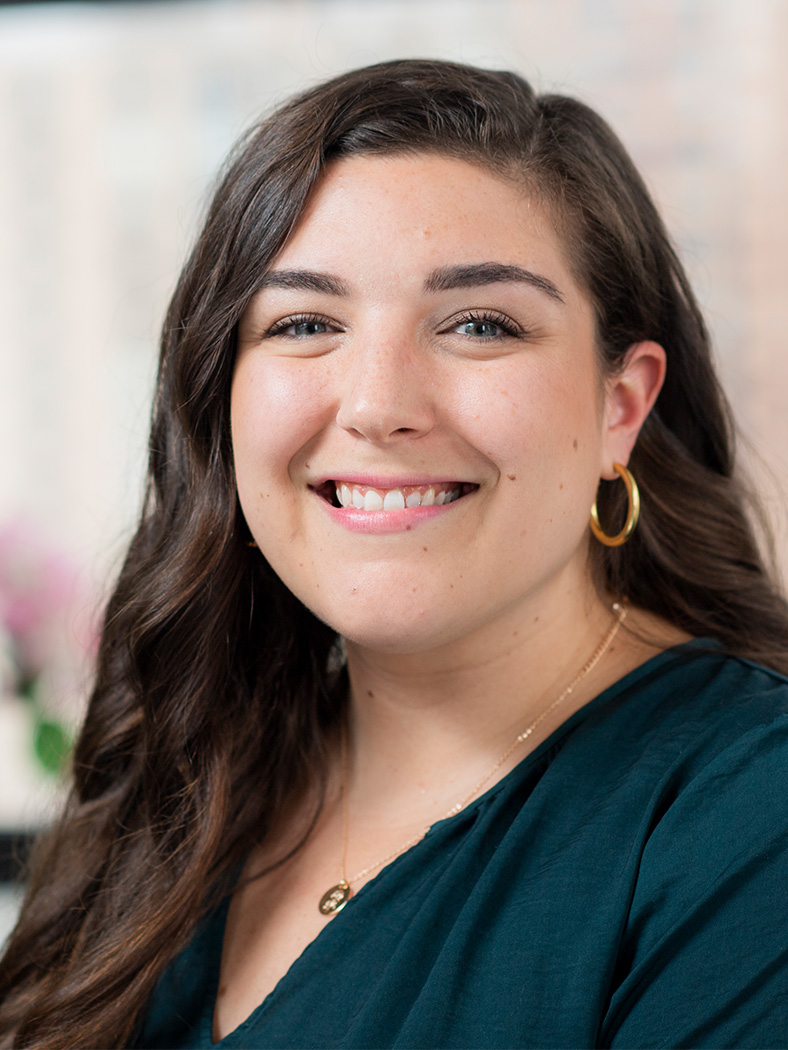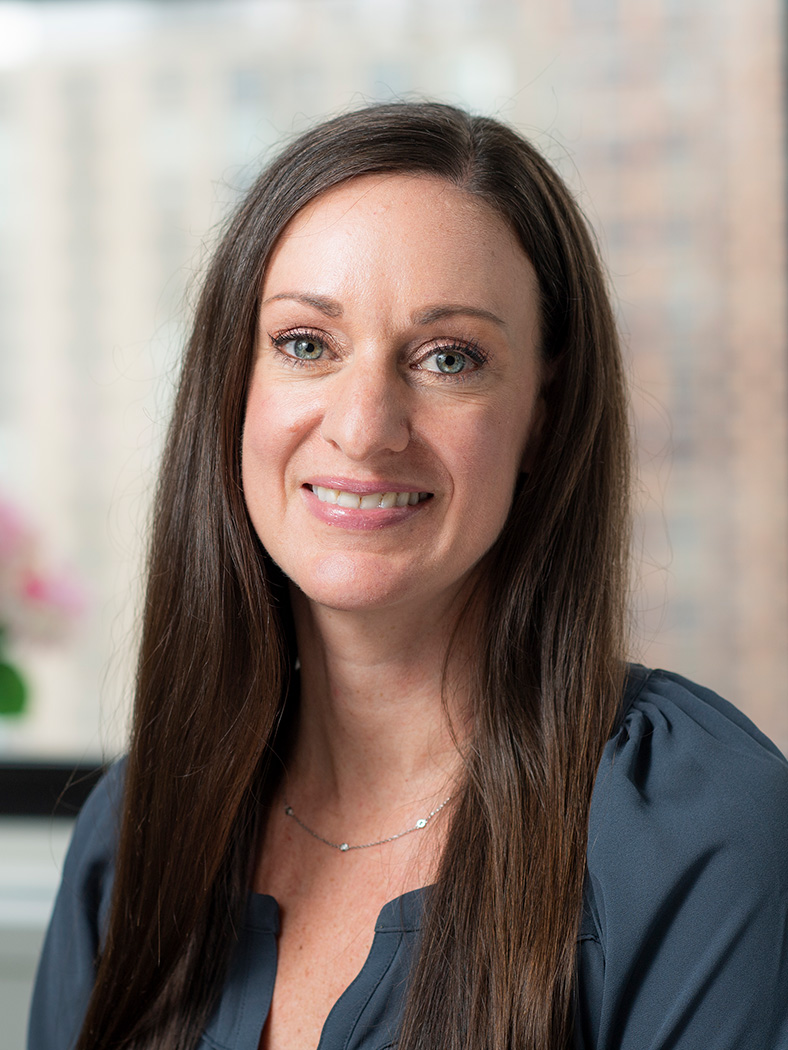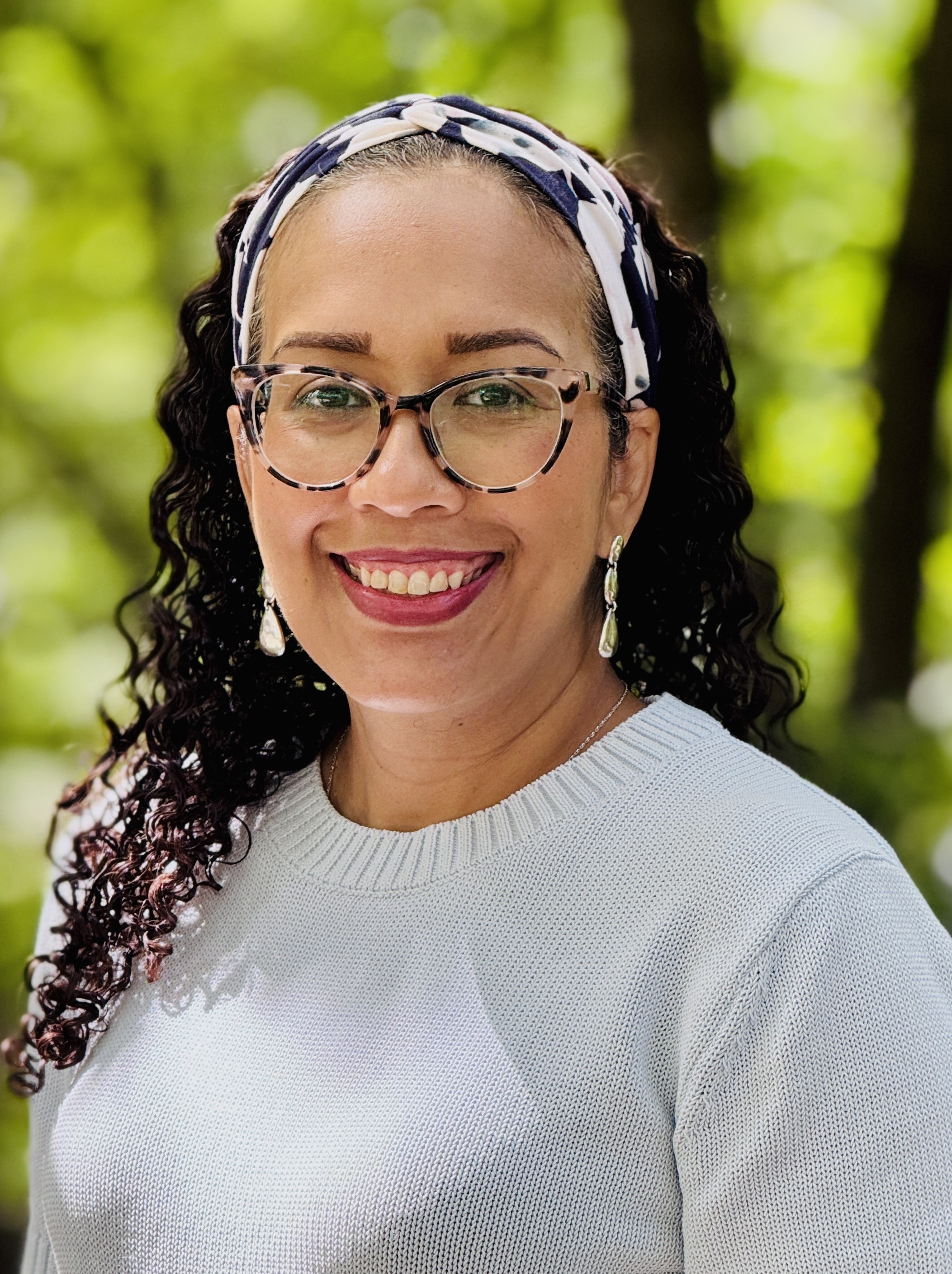Resource Navigation
Learn more about how CancerCare Resource Navigation can help you address barriers to care.
Connect Education Workshops
Listen in by telephone or online as leading experts in oncology provide up-to-date information about cancer-related issues in one-hour workshops. Podcasts are also available.
Podcasts
Adolescents and Young Adults
Publications
Read or order our free Connect booklets and fact sheets offering easy-to-read information about the latest cancer treatments, managing side effects and coping with cancer.
For Any Cancer Diagnosis
- Coping With Cancer as a Young Adult
- Financial Assistance for Children and Teens
- Helping Children Understand Cancer: Talking to Your Kids About Your Diagnosis
- Helping Teenagers When a Parent Has Cancer
- Helping Teenagers Who Have Lost a Parent
- Helping Yourself Cope With the Loss of a Parent
- How Schools Can Support Families Affected by Cancer
- Mom or Dad Has Cancer...Now What?
- Young Adults as Caregivers
Financial Assistance
Limited assistance from CancerCare is available to help with cancer-related costs.
Ask CancerCare
Every month, featured experts answer your questions about coping with cancer including specific answers to questions asked by caregivers.
For Any Cancer Diagnosis
- Q.
My teenage son has had body-image issues since having cancer. His treatments caused him to gain weight and surgeries left him with scars. How can I help him deal with this?
A.Body changes may make your teen feel uncomfortable about how they look. These feelings may be strong enough to make them want to avoid their friends, school, public places or having their picture taken. Adolescence is a time where teens engage in social comparisons, often comparing themselves to their peers and friends. It is important to validate your son’s concerns regarding his body image. Self-esteem is very fragile and is often impacted by not only how we view ourselves, but how others view us as well.
Keep an open line of communication with your son about this topic. Explain to him why his treatment is so important even though it has caused him to gain weight. Try to help him understand why his body is changing so that he can understand these changes are not permanent. You may also want to encourage him to engage in some types of physical activity when he is feeling up to it (activities approved by his oncologist or physical therapist). Also, you may want to consult with a nutritionist to create helpful and healthy eating plans while on treatment.
It is important for your son to understand the reason behind his surgeries and scarring. Many times, a conversation before surgery can help teens prepare for body changes so that they are not such a shock. However, after the surgery site has healed, you can experiment with different types of make-up and concealers (there are special ones for scars). Also, different clothing styles may be able to cover the areas that your son is not comfortable exposing.
You can support your son during this time by doing some of the following:
- Providing an outlet to express his feelings (art, music, writing, etc.)
- Listening if and when he wants to talk about body image changes
- Letting him know that you understand what he is feeling and that it is okay to feel the way that he does
Creating a safe space for him to share what he is going through is important. If necessary, reach out to your son’s social worker through the hospital or a child life specialist. It is possible that outside support is necessary in order to make your son feel heard.
If you need additional support, feel free to reach out to CancerCare’s Hopeline (800-813-4673). We can provide psychosocial support as well as local referrals as needed.
- Q.
I have a 14-year-old son who doesn't seem to want to talk about my cancer at all. I know it's hard for him, but it also can't be good for him to keep things bottled up. What should I do?
A.Teens are at a stage in life when they are trying to develop their own identity, sense of self, and independence. Your son’s not wanting to talk about your cancer is a common reaction many teens have. Teens may feel that their questions or concerns might be hurtful or even scare the parent. It’s important for you to keep communicating with him and show him that it is okay to talk about feelings and ask questions. Ask him what he already knows or thinks about cancer and try to provide concise information that will clear up any misinformation he may have gotten from peers or the internet. Keep him up to date about your cancer and treatments, and let him know that if he has any questions or concerns he can always talk with you about them.
It’s important to respect his privacy and to offer him additional support that may be helpful to him. Identifying a relative like an aunt or uncle, or a teacher, coach, or school counselor with whom he can talk more openly can give him a sense of feeling more in control of his situation, and allow him to voice questions or concerns he may not want to with you.
If you haven’t done so already, I would also encourage you to inform his school. Teachers and school counselors can be supports for both your son and yourself. They can watch for and inform you of any concerns or behavioral changes your son may be displaying, and can advise you should they feel your son might need additional professional help.
The following publications may help as you navigate the sometimes tricky territory of having cancer while parenting a teen:
- CancerCare’s Helping Teens When a Parent Has Cancer
- CancerCare’s Helping Children When a Family Member Has Cancer
- How to Help Children Through a Parent’s Serious Illness by Kathleen McCue and Ron Bonn (St. Martin’s Press: 1994)
- When a Parent Has Cancer : A Guide to Caring for Your Children by Wendy Schlessel Harpham, MD (Harper Collins: 2004)
- Q.
I'm looking for support for my teenage son to help him deal with his sister's cancer. Can you recommend any specific places?
A.A child with cancer can change family dynamics and these changes are often difficult for siblings. It can be challenging for parents to focus on the needs and concerns of their other children, which can lead to siblings feeling “invisible” or alone. Siblings often experience many emotions in this situation such as: fear and anxiety, anger, jealousy and resentment, loneliness, guilt, sadness and grief.
It is important to talk with your other children about cancer while also giving them a safe space to share their feelings and worries. Getting help is important as well; you do not have to learn to cope alone.
In linking your son to support systems it will be important to:
- Reach out to a social worker where your daughter is receiving treatment; they might be able to refer you to a local support group for siblings
- Check out SuperSibs, an organization designed specifically to give support to siblings of cancer patients. Their website has resources and tips as well as camps and events that help connect other siblings going through a similar experience
- Look into an online support group. CancerCare offers an online support group for teens who have a loved one with cancer. This support group is run by a licensed oncology social worker and is designed to create an environment where teens can share and connect with one another
If additional support is needed, you can reach out to an oncology social worker through CancerCare’s Hopeline (800-813-HOPE) for additional information.
- Q.
Last week I told my son that I had cancer and we have barely spoken about it since. What can I do to help support my son?
A.As a caring parent you want to help your son understand what you are going through. Children want to know the facts and how they will be affected.
Children, and especially teens, are mostly focused on themselves and their own day-to-day life. You may notice your child is still focused on school, friends, and other activities. That doesn’t mean your child is ignoring your diagnosis. It takes time for a child to mentally process this kind of information and he may not completely understand the implications of your diagnosis until he notices physical changes or if there are disruptions in day-to-day life. Here are some age-specific strategies for communicating with children about cancer:
If your son is under 5, he is likely to ask you a question or bring up your cancer when he is most closely engaged with you one on one. His questions will most likely be brief and concrete, such as: What does your cancer look like? Does the medicine taste bad? He may be scared that cancer is contagious or that he might get cancer too. Your answers should be brief, factual and in words he understands.
Children ages 6-11 typically are more interested in the mechanics of treatment. The “killing” of cancer cells and seeing your treatment as a “battle” or “fight” – whether or not you yourself use these images – is very likely how your son will think of your experience. Some parents are comfortable using this language; others may choose to describe their experience using non-violent imagery. Either way is okay.
If your son is a teenager, he will be wrestling with a variety of conflicting thoughts and feelings. He will want to ask questions but may not want to add to your stress by asking questions or showing concern. He may feel sad about the situation but think it is “unmanly” to have that feeling. He will be certain that none of this “shows” at all but you will see it clearly in his face and demeanor. If you ask him questions he will most likely tell you that he is “fine.” Try not to force the conversation and give him space to process his emotions on his own.
No matter what age your son is, he will let you know when he is ready to talk. There may be times when you need to start the conversation because you are going to lose your hair, or need to rest more, or will be hospitalized. In these cases, be factual, brief, and use words you know your son will understand. Children and teens like to be kept in the loop and the more they are informed, the less anxious they will be when these changes happen. Also, periodically check in with your son, ask if he has questions or wants to talk in order to show him that you are comfortable talking about it and that you are available to talk whenever he is ready.
Here are some additional tips:
- Let your child know that you are always available to answer their questions
- Try to keep family time consistent. When possible, eat meals together, have a movie night, etc.
- Ask your child if there are aunts, uncles, school counselors or other professionals (social workers, psychologists) that they would like to talk to about how they are coping. Sometimes children are more comfortable talking to someone other than the person who is diagnosed
- Find age-appropriate support groups for your children that will help them feel connected to other children who have a similar experience
Here are some publication and book recommendations for further information:
- Helping Your Children Cope with Your Cancer by Peter Vandernoot (Hatherleigh Press, New York)
- Kemo Shark by Kidscope, Inc. (www.kidscope.org). A cartoon illustrated book featuring “Kemo” the shark who explains how chemotherapy works to fight cancer. Also available in Spanish. Ages 3-12.
- What About Me? A Booklet for Teenage Children of Cancer Patients by Linda Leopid Strauss. A book addressing the specific needs of teens when their parent has cancer.
- Q.
My 24-year-old son was recently diagnosed with cancer and I think it would be a good idea for him to join a support group. How do I convince him?
A.As a caregiver, you may feel that your son should join a support group to help him navigate the challenges he may face in regards to his diagnosis and treatment. The difficult part of all of this is that your son must be able to make that decision on his own. As a young adult facing cancer, he may need to understand what his cancer diagnosis and treatment will look like before he is able to give and get support from a group. Managing doctor’s appointments and scheduling treatments can be taxing, however addressing the benefits he may find in a support group is the first step in educating him about how a support group can help.
Support groups can offer a network of comfort and encouragement, a place of unbiased support and an environment that a young adult does not have to explain what he or she is going through because the other group members will understand. CancerCare offers a face-to-face Young Adult Patient Support Group for anyone located in the New York City area. In addition, we offer several patient online support groups. Your son may also want to reach out to Stupid Cancer, an organization that addresses several young adult cancer issues through advocacy, support and more.
As a caregiver, you may want to look into services for yourself. You can contact CancerCare’s Hopeline at 800-813-HOPE (4673) to learn more about our services for caregivers. In addition, you may find some of our publications helpful in navigating your new role as a caregiver.
- Q.
I am 28 years old and it seems like I'm the only one my age with cancer. Is there anyone else like me out there?
A.Hearing that you have been diagnosed with cancer as a young adult can be overwhelming and isolating, however you are not alone in this. The answer to your question is yes, there are other people out there like you. There are several organizations that can help you connect with other people your age who have been diagnosed with cancer. At CancerCare, we offer services for young adults who have been diagnosed with cancer through individual counseling, either face-to-face or by phone. We also offer a Young Adult Patient Support Group for anyone between the ages of 20 to 39 who is located in the New York City area.
These organizations specialize in providing support and services to young adults with cancer and might be helpful as well:
- Q.
Are there programs that can help me feel better about myself? I'm 29, recently finished chemo and radiation and am feeling blah. Anything I can join?
A.Having cancer in your 20s or 30s can be an overwhelming experience, particularly once treatment is over. Adjusting to the “new normal” can be especially difficult. Connecting with others your age who have also faced cancer and can relate to those days of just feeling “blah,” can be very helpful in normalizing your experience.
There are several organizations that offer support services to help meet the needs of people coping with cancer in their 20s and 30s. These organizations can help you feel connected and secure in the idea that you are NOT alone!
- Stupid Cancer
- Planet Cancer
- The Ulman Cancer Fund for Young Adults
- The Young Survival Coalition (for breast cancer survivors)
The following organizations offer retreats and other camp experiences for young adults with cancer and post treatment survivors:
As a post-treatment survivor, you’ll find helpful information in our booklet, After Treatment Ends: Tools for the Adult Cancer Survivor. All of our post-treatment information and support services can be found on our website. You may also call CancerCare and speak with an oncology social worker who can provide you with support and search for additional resources.
- Q.
I'm a kindergarten teacher and one of my students is going through a rough time because his mom has cancer and is undergoing treatments. Since she is not well, she does not have a ton of energy to play with him. We are concerned that over the summer he will go backwards by not socializing with other children. Any suggestions for free to cheap summer camp options for him? Or other resources? He lives in Brooklyn, NY.
A.Navigating a cancer diagnosis can be overwhelming and difficult, especially as a young adult caring for a young child. It seems that your student’s mother may be in need of support for herself so that she can better understand the impact of her diagnosis and how it affects her son. We provide a publication to help parents talk to their children about cancer. You may want to provide your student’s mother with this publication, in addition to CancerCare’s information. CancerCare provides free counseling services and financial assistance for cancer patients; you can reach us at 800-813-HOPE (4673) to speak directly with an oncology social worker about our services and how to get involved. We can help young adult patients to better understand what they are going through and assist in cope with the emotional and physical changes someone may experience during treatment. Receiving a cancer diagnosis as a young adult presents several challenges and can feel isolating. Let your student’s mother know that there are support options available for her and that she is not alone.
We also offer in-office counseling services for children as young as 5 years old. You may want to speak to your student’s mother to see if she wants to reach out for support for her son. Our children’s program, CancerCare for Kids, may be able to help your student understand his mother’s diagnosis and talk about how her cancer diagnosis has impacted him.
Additional resources include:
- Camp Good Days, located in upstate New York, provides free summer camp options for any child who has been affected by cancer.
- KidsKonnected is another great resource for children that have a parent with cancer to help educate, support and inform children about their parent’s cancer.
Specialized Programs
CancerCare offers specialized programs to address specific populations and concerns.
Coping Circle Workshops
Virtual educational and supportive workshops led by oncology social workers and qualified co-facilitators. These workshops cover numerous topics and are offered in English and Spanish.
Additional Resources
Organizations
Bite Me Cancer
Cancer and Careers
Hope For Two: The Pregnant with Cancer Network
LIVESTRONG
Stupid Cancer
The Samfund
Young Survival Coalition

 Answered by
Answered by  Answered by
Answered by  Answered by
Answered by  Answered by
Answered by